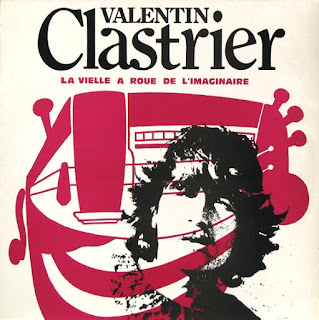Trape-Zape - Trape-Zape (2002)
Ah, the (aesthetic, and no other) strength of musica povera. This is very pleasantly hard to define. Maybe you could call it something like progressive chamber jazz (though it is mostly composed), but it just feels like something close to being 'pure' music, i.e. music with no strict adherence to any concept or genre (nor to the cross-breeding of different ones), designed by a band of like-minded musicians simply happy to develop ideas with the (scarce) means of musical production at their disposal, in their own time, because, of course, who would pay upfront for anyone to come up with music with no brand to show for. Led by classically trained guitarist Fernando Guiomar, I for one did not expect a trio of classical guitar, double bass and percussions to fill up a musical room so effectively, but they surely do make the most of what they have, with nary a predictable moment or lull for the whole duration.
Anyone who has ever had the pleasure of playing music with other people (particularly in close musical quarters, like chamber music) is bound to know that it is one of the most intimate and gratifying forms of social interaction one can enjoy without being naked - without even liking the persons you're with; just being bound together in the conjoined making of a transitory thing of beauty. This record feels simply, precisely, and entirely like an expression of that desire, a pursuit of such a pleasure, with no other agenda in sight. The fact that such a well-rounded labour of artisanal love couldn't come close to earn these musicians a marketable living pretty much ties all things still right and wrong with the musical world into one anachronistic rectangular flat factory plastic package. You should get it.











